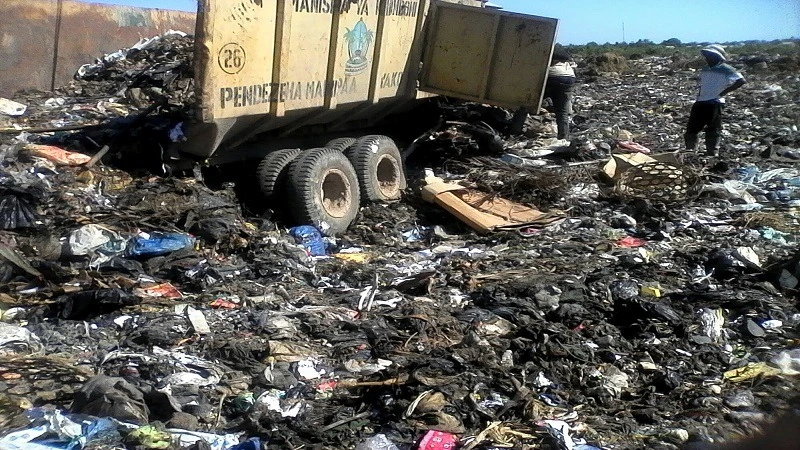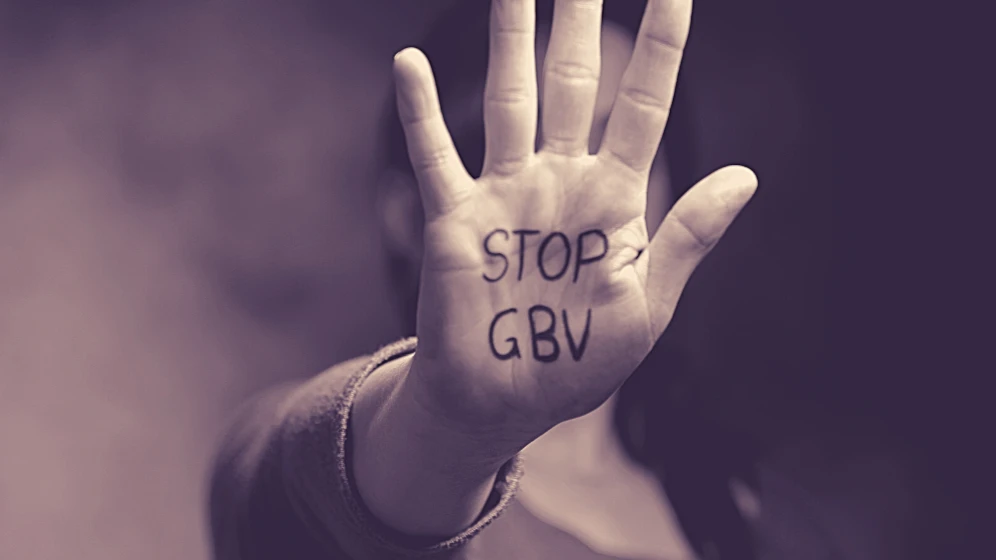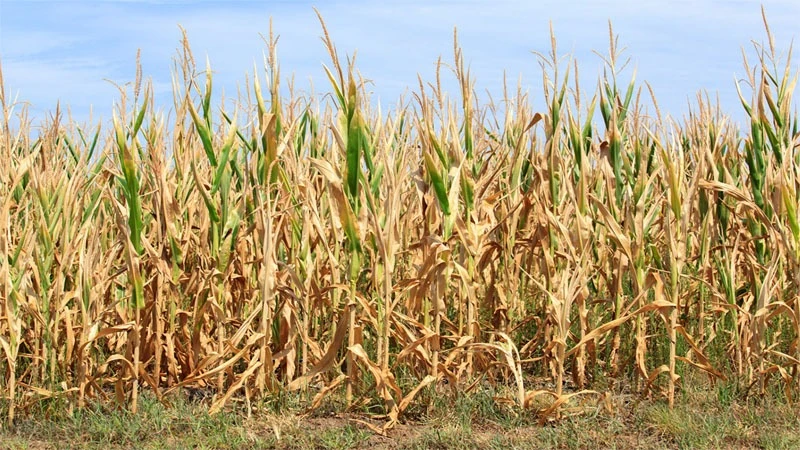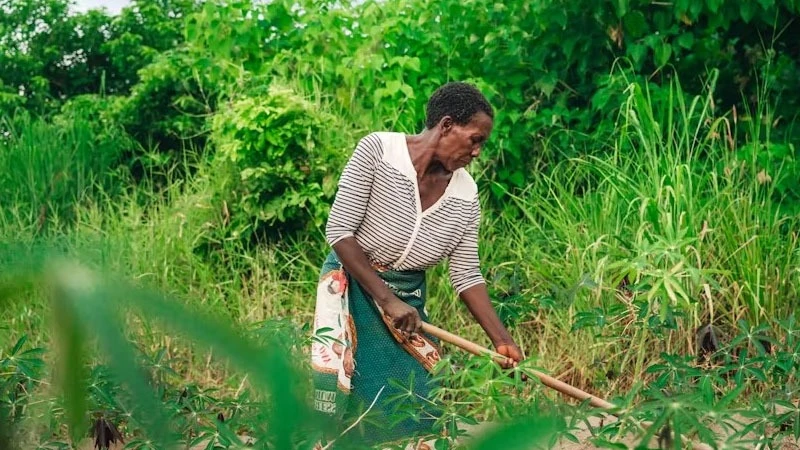Plastic bottles collected for sale pose no particular risk
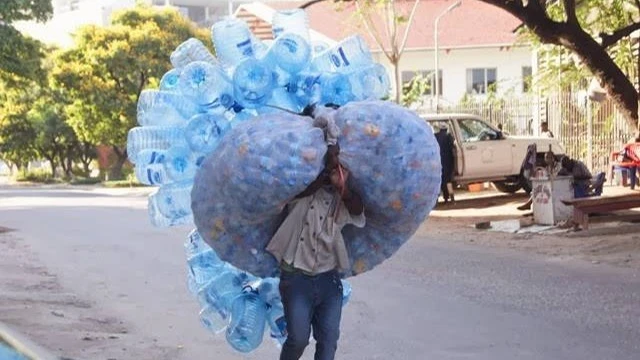
STAKEHOLDERS are not saying much on intentions by the government to review the Solid Waste Management (Regulations) of 2009.
The environment ministerial docket says the idea is to compel producers of plastic bottles to manage their waste more closely, thus protecting the environment more keenly.
It is said that this position was decided at a meeting with stakeholders producing products packed in plastic bottles or other packaging material.
The meeting is understood to have explored usable methods of tackling the problem, even as it is disputable if the problem is real.
Questions are being raised on whether there was need for action geared at the sustainable management of environmental pollution when the government decided on banning flimsy plastic carrier bags as no one was collecting them and they had no second use.
Other bags looking the same can at least store waste or some items, not those which used to wrap fried potatoes and the like, whereas most plastic bottles have stakeholders who make some sort of living collecting them.
It is hard to see what the respective ministerial permanent secretary bringing together various experts and the relevant stakeholders will be discussing in trying to see how to spruce up applicable regulations.
That the time limit is the end of this financial year suggests that some new tax is being organised in like manner as a whole range of curious ‘corporate social responsibility’ levies as it is a byword for undeclared taxes.
Let’s hear what will be divulged when the first draft is relayed to the public late next week, as the equation is forbidding.
There is a maxim that law or legislation has to with a reasonably wide section of society, not targeting individuals or a class of persons in a vertical, stand-alone manner.
There is already taxation on all manner of produce placed in bottles, with shops or bars that sell those products paying levies to local government authorities and households also paying to have their waste collected.
It appears that the problem is tied to open spaces like waste water dugouts and collecting such bottles at end points. Evidently, that is the work of local governments – meant to clear up all such areas.
Suggestions that discussion between producers of plastic products and key regulatory authorities like NEMC “has increased the momentum of reviewing the regulations” is not evidence of fruitful exchanges.
Rather, they represent an implicit one-sided reading of issues and discussing the rates to be paid.
There was no mention of the role of bottle pickers and recycling as well as local authorities outsourcing waste collection.
The focus was on plastic bottles and warnings relating to what might happen if a company’s bottles were seen littering the streets.
If one drives a car drunk and hits a pole, are brewers charged with paying his hospital bills, the argument being that the ‘intoxicant’ was their product?
There is a tendency of letting waste water canals be turned into chambers for emptying cesspits and for all sorts of refuse to be thrown there, often cleared when it rains heavily.
The reason is lack of interest on the part of street/locality or ward authorities in ensuring that the waste there is collected, and the fall guy becomes the plastic waste producer, that they follow ‘their’ bottles everywhere. So, after one has bought a shirt and is wearing it, the shirt still belongs to the supermarket, right?
Top Headlines
© 2024 IPPMEDIA.COM. ALL RIGHTS RESERVED







